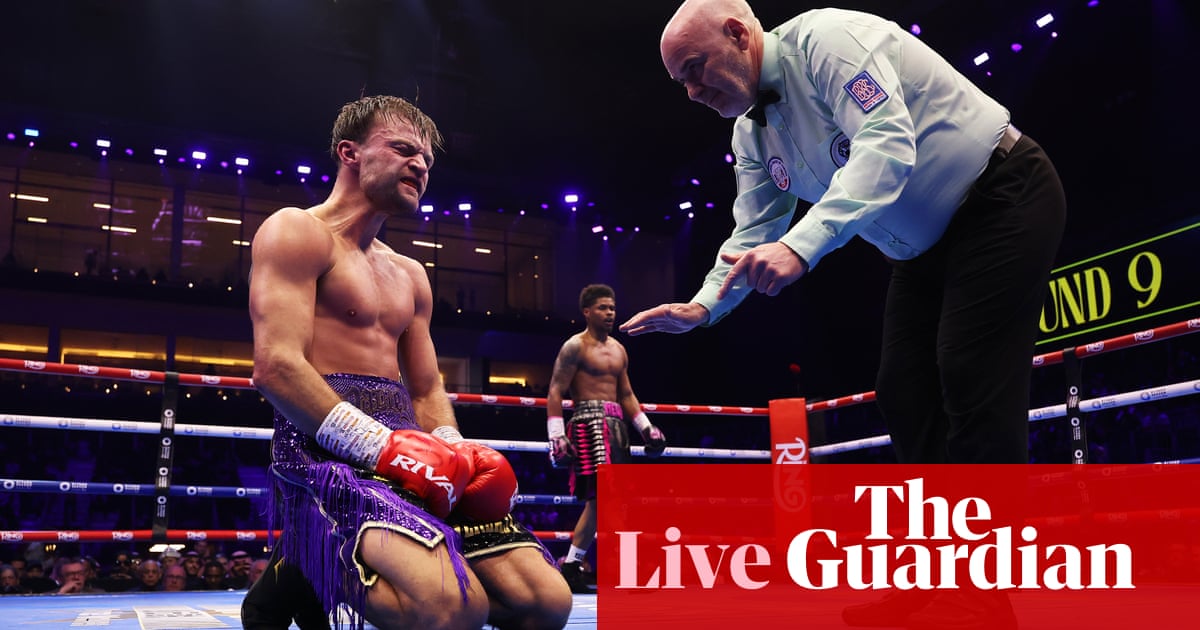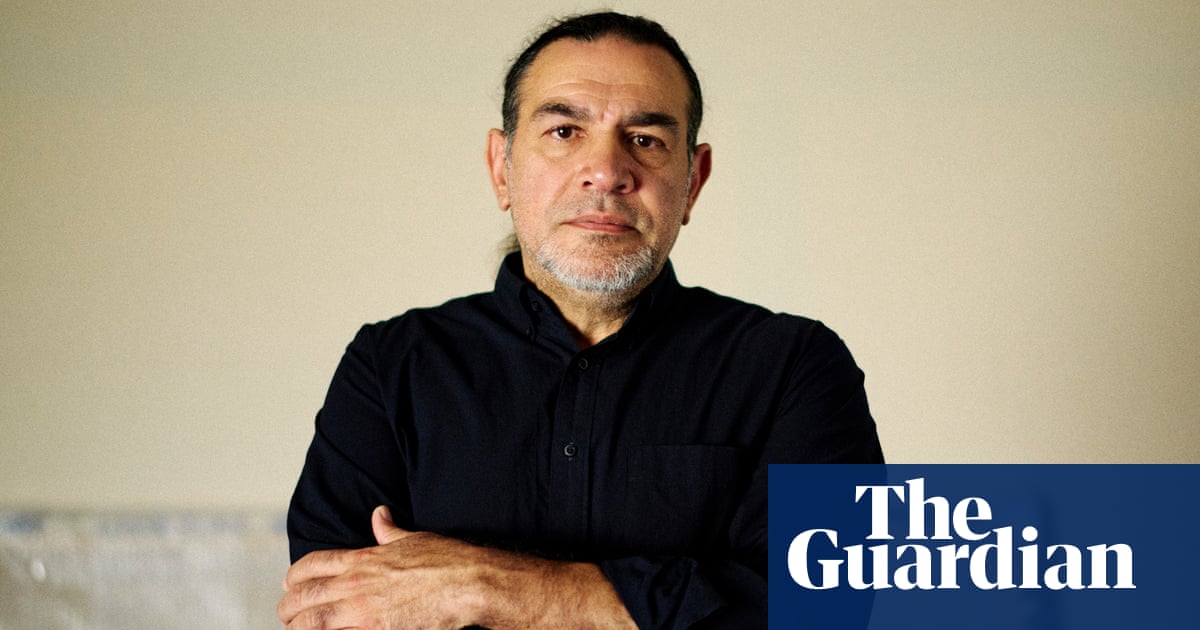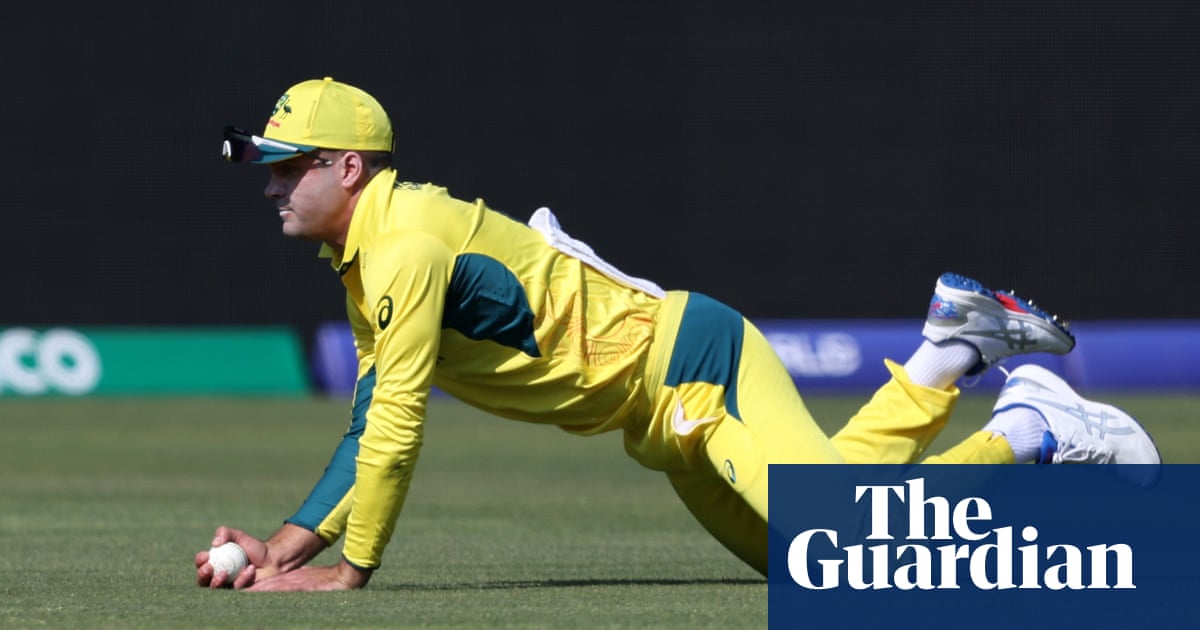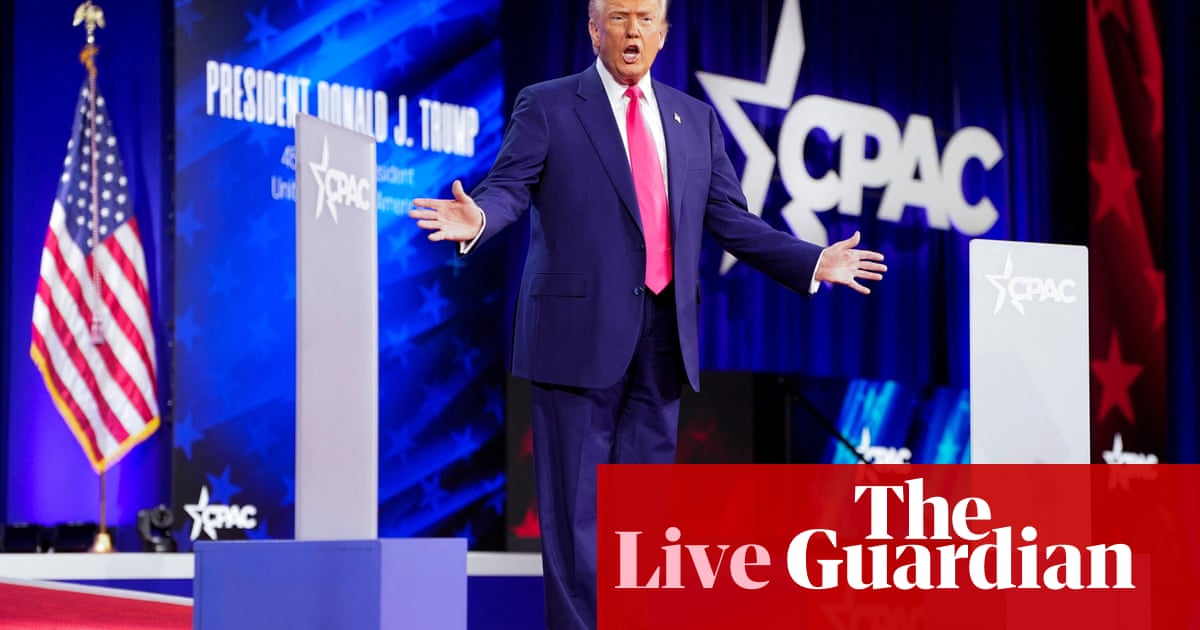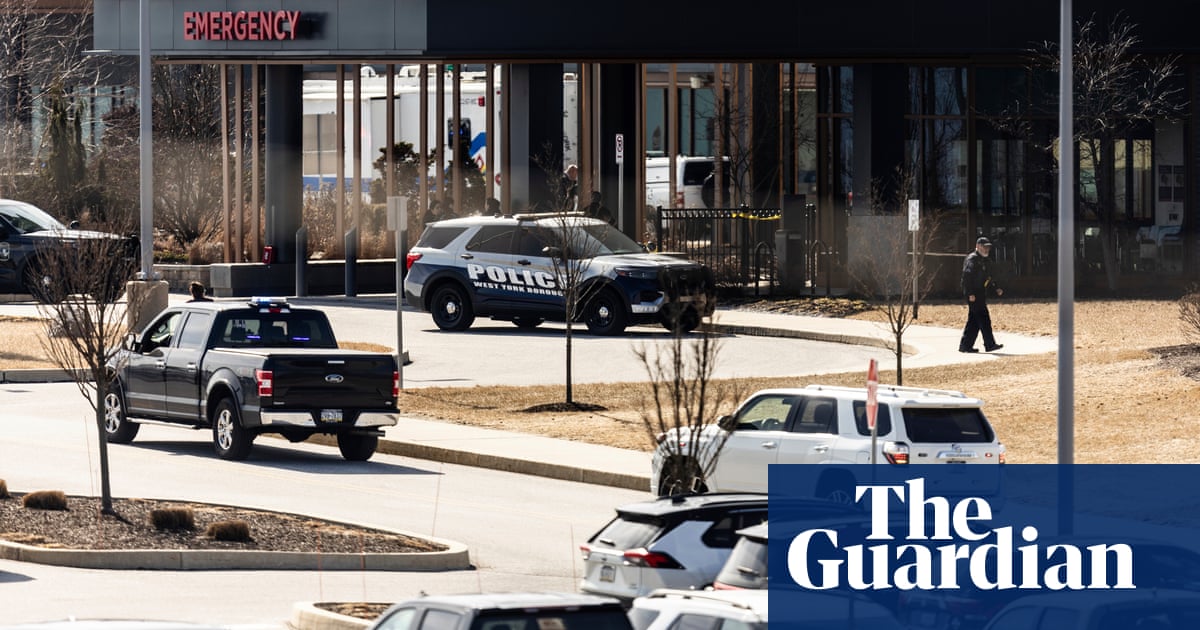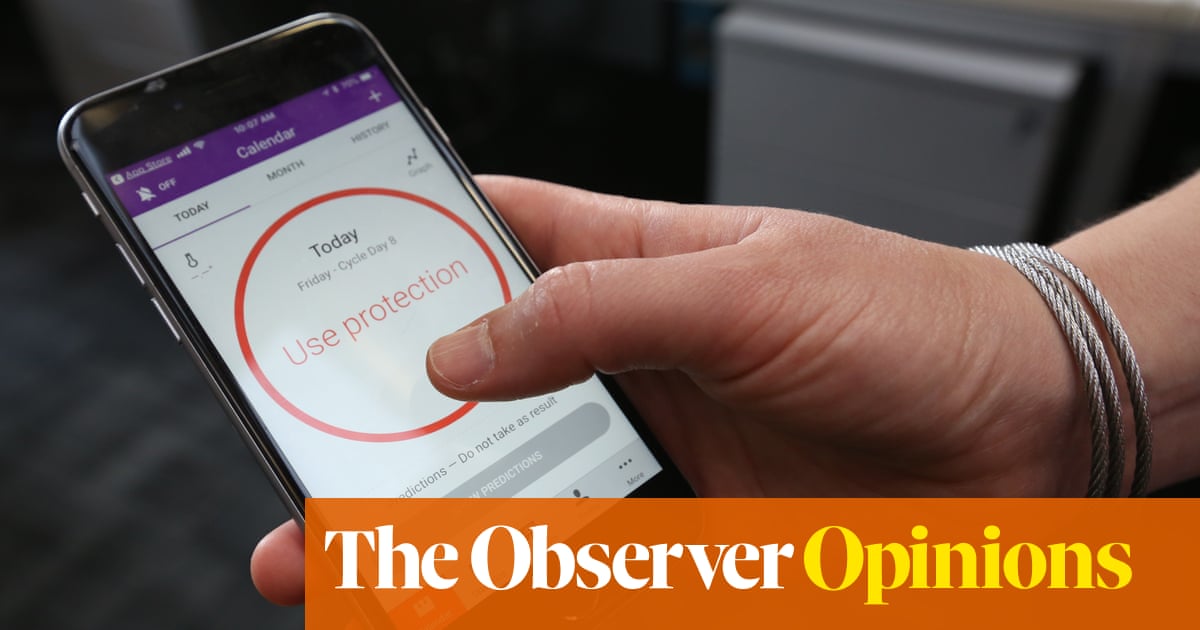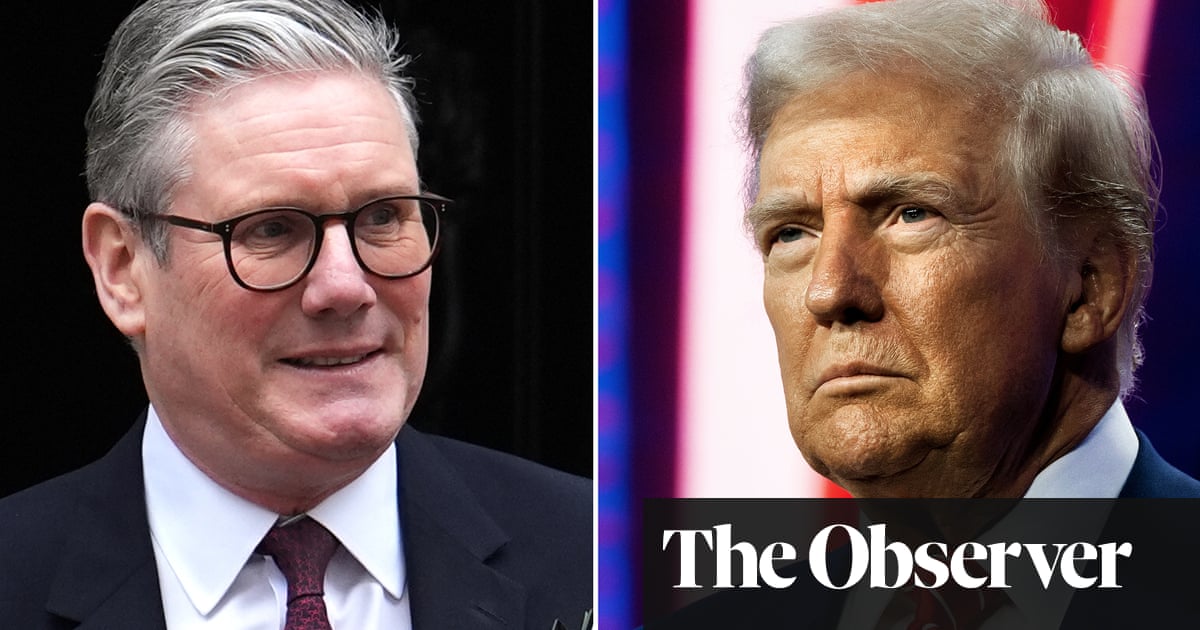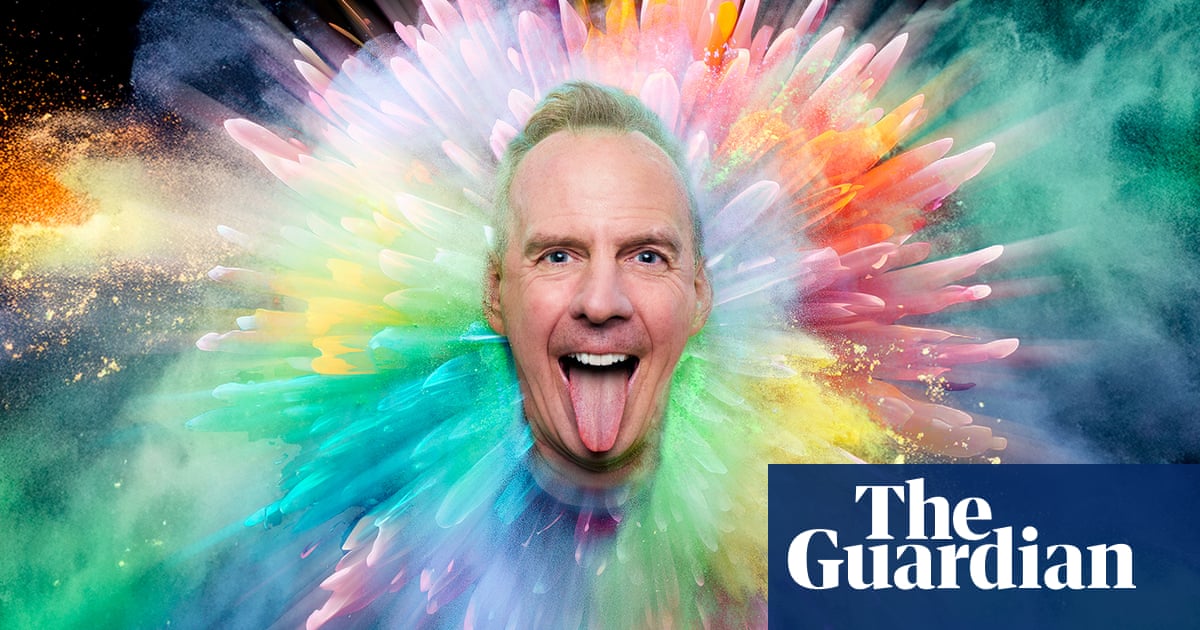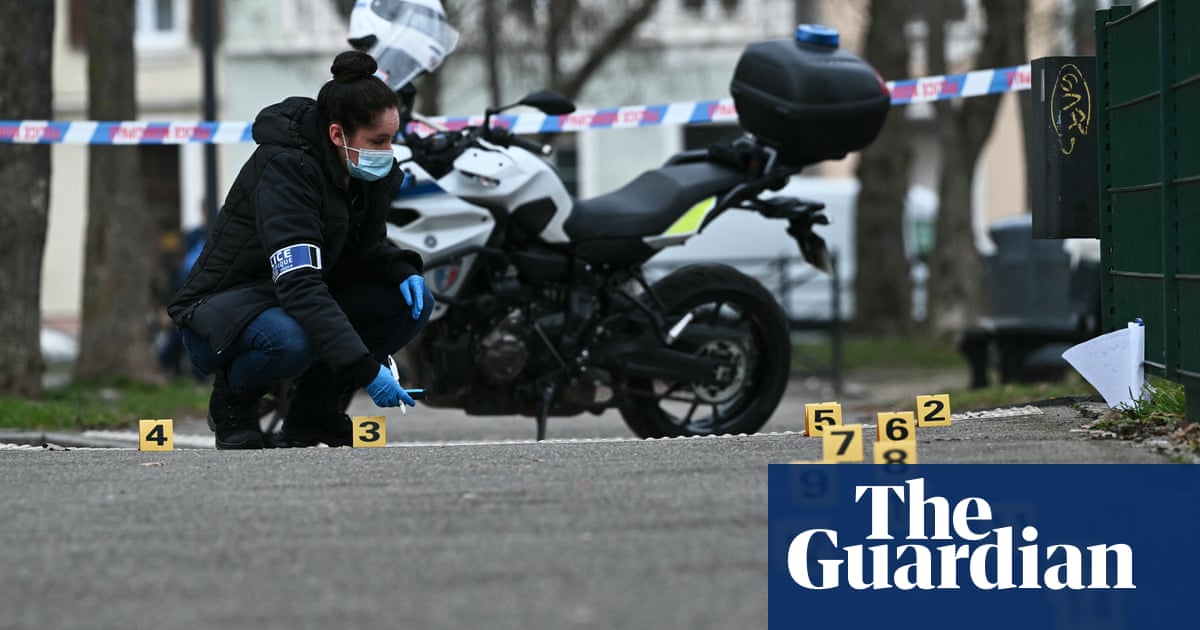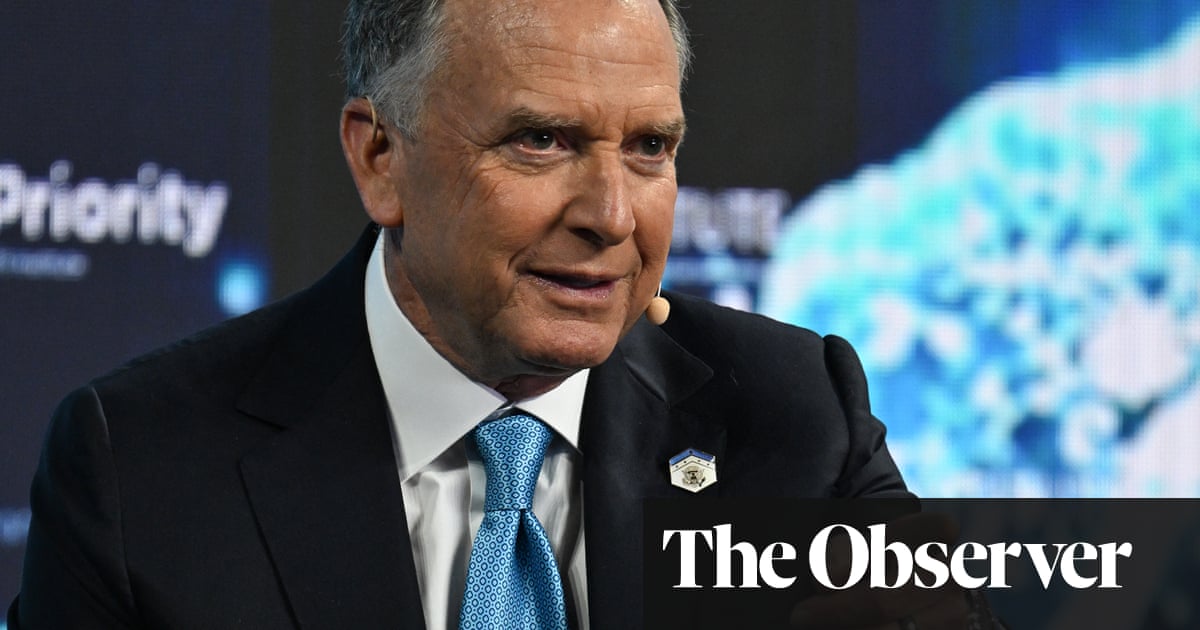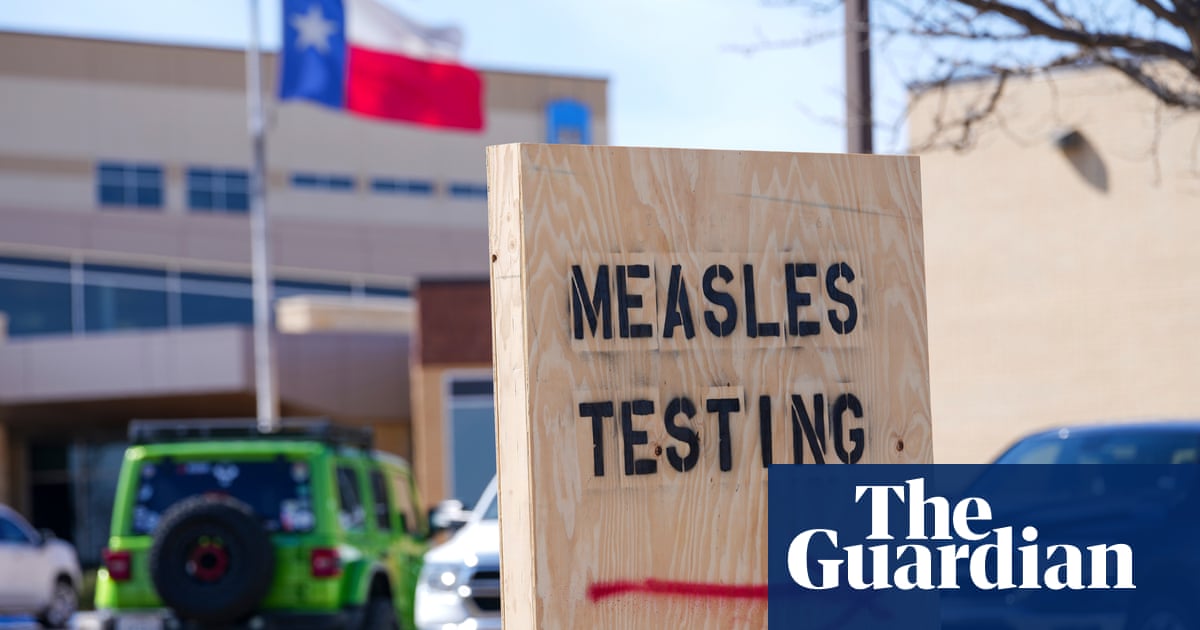Joshua Wong, one of Hong Kong’s best-known pro-democracy activists, was sentenced to four years and eight months in prison on Tuesday. He received a one-third sentencing cut to that period by pleading guilty. Even so, coupled with other charges he faced for his peaceful participation in the 2019 democratic protests, he will be in prison until at least 2027.
I spent my formative years with Wong. We were both student leaders in the 2014 Umbrella Movement, and co-founded the now-dissolved youth-led political party Demosistō in 2016. He gave everything he had to support me in my bid to become the youngest legislator in Hong Kong the same year. In 2020, I departed the city; he remains. The pain of survivor’s guilt hits me every night.
When I left Hong Kong, I did not imagine that we would not have the chance to see each other again for nearly a decade. No one could have thought of it.
There were many others sentenced too. Benny Tai, a respected 60-year-old legal scholar, received a 10-year sentence for organising the primary election among the pro-democracy factions to unify their candidates. The defendants exercised what is merely a mundane practice in democratic countries – choosing the best candidates to run for elections – yet they are branded as trying to “subvert state power”.
The high court, whose judges are handpicked by the Hong Kong government, has reinforced the message that the People’s Republic of China (PRC) is always a one-party state controlled by the Chinese Communist party (CCP). Daring to challenge the incumbent power is an act of treason.
When the court becomes simply an arm of the incarceration system targeting political discontent, it completes the “carceral archipelago”. It works like this: police groundlessly arrest democracy campaigners and commit brutality without accountability; the correctional service devastates political prisoners with excessive and unfair use of solitary confinement and physical punishment when they are remanded before trial. The court doesn’t offer a way out, but rather locks defendants into the system for years by handing out harsh sentencing.
Witnessing the supposedly impartial government bodies hardening into part of a repressive regime is like seeing the gradual death of the city. The primary election case verdict reaffirms that Hong Kong has become a police state, and there is no way back until the PRC adopts a more lenient and open political ideology.
In a parallel universe where the west had applied significant pressure on the Chinese regime to liberalise decades ago, by enforcing fair trade practices and mounting diplomatic pressure, perhaps I would still be in Hong Kong, and Joshua Wong would be a legislator representing the true spirit of Hongkongers. Benny Tai would bury his head in research on constitutional law at a top university, and many other defendants would return home at night to kiss their loved ones good night.
The reality is that democratic countries, including the UK, have to do more to urge Beijing to release political prisoners and in the long term they must use pressure to change the system of one-party dictatorship in Hong Kong. The iron hand of Xi Jinping has destroyed a Hong Kong civil society with decades of rich foundation, and poses a huge threat to global security. The signalling from the UK government has to be very strong from now on, and the official arm of the Hong Kong regime in London – the Hong Kong Economic and Trade Office (HKETO) – has to be held accountable. UK officials should exhaust all channels to ask for the immediate release of political prisoners.
-
Nathan Law is a politician and activist from Hong Kong, and was leader of Demosistō from 2016 to 2018
-
Do you have an opinion on the issues raised in this article? If you would like to submit a response of up to 300 words by email to be considered for publication in our letters section, please click here.

 3 months ago
54
3 months ago
54
